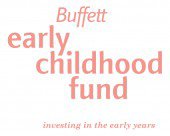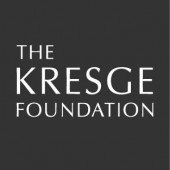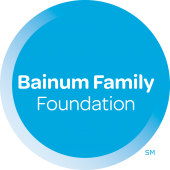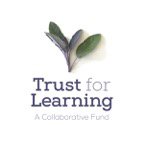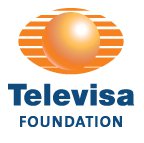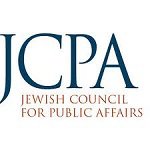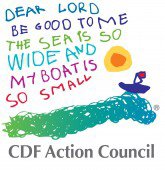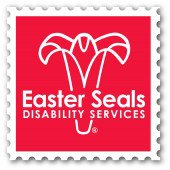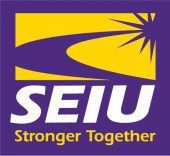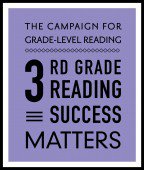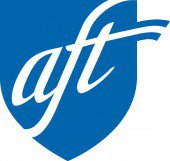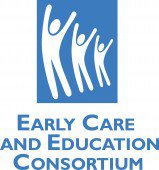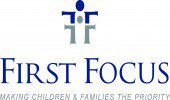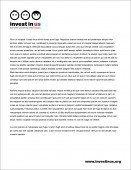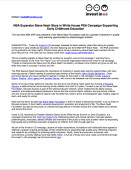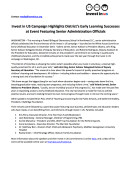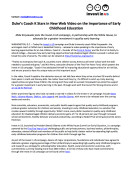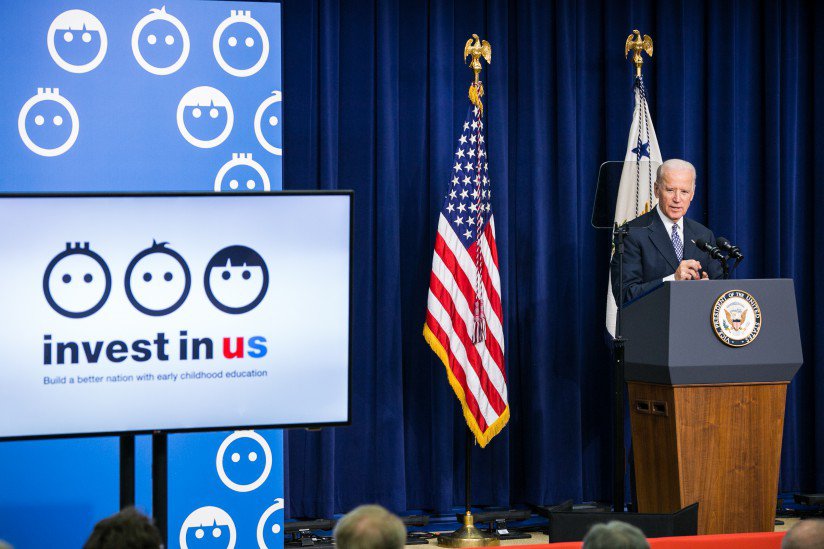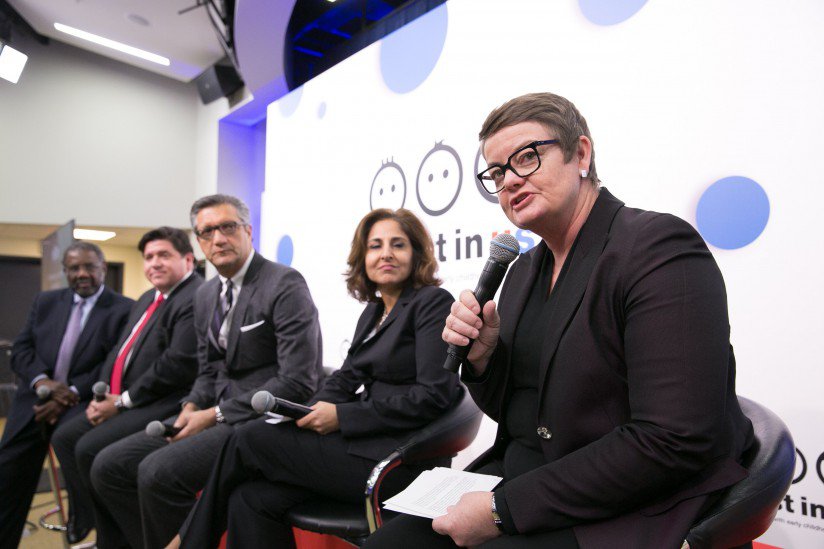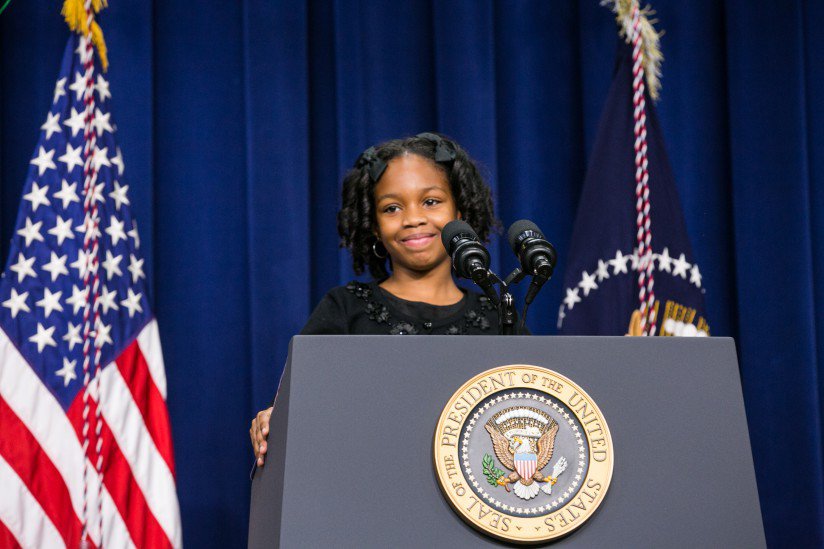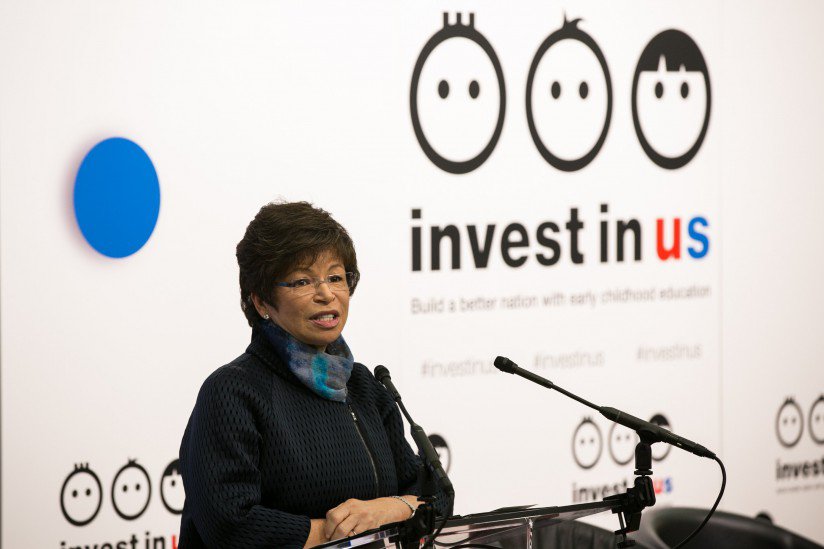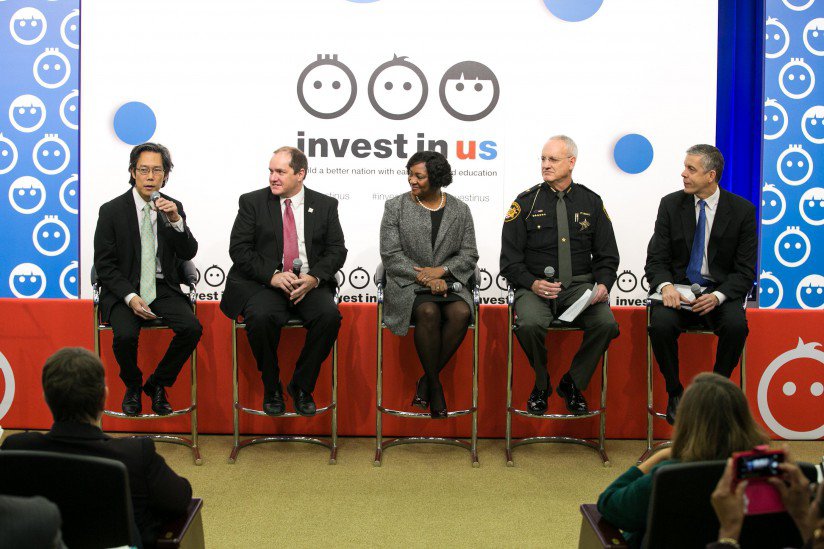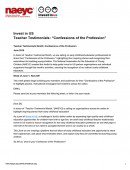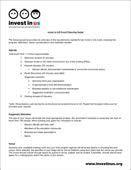In partnership with Invest in US, and as additional resources become available, ten organizations have stepped up to help connect leaders with resources, planning grants, technical assistance (TA), communities and states of practice opportunities. Reach out to them directly by clicking on the links below. Or, let us know at Invest in US that you would like our help to figure it out.
The Alliance for Early Success is a catalyst for bringing partners together to improve advocacy, state policies, and ultimately learning, health, and family outcomes for vulnerable children birth through age eight. The Alliance does this by providing support in 24 states with 30 organizations that currently make up our National Technical Assistance (TA) Network. We connect them to best meet identified needs. Too often, effective programs and services at the local level “demonstrate and die” when there is no long-term sustainability plan. The Alliance is interested in: providing planning grants to cities or counties working on high-quality early learning advocacy and policies, supporting and brokering TA from our national network of experts to assist them, and connecting advocates, leaders, and policymakers at the local and state levels to plan for sustainability and scale.
For more information, contact Lisa Klein at lklein@earlysuccess.org
BUILD is a support system for early childhood leaders so they can create effective policies and programs for young children from birth through age five in areas that impact healthy child development including early learning, health/mental, health/nutrition, and family support and engagement. BUILD provides customized technical assistance that is designed according to the unique needs of states and communities; BUILD’s
work (on the Quality Rating and Improvement System, kindergarten entry assessment, health equity, family engagement, etc.) is informed by experiences across the country. BUILD also acts as a network that convenes state and community leaders, online and in-person, to share best practices, resources and strategies. BUILD’s broad set of resources provide significant information on state and community strategies to advance the quality of early childhood systems components and to promote racial equity, cross-systems alignment and integration.
For more information, contact Susan G. Hibbard at shibbard@buildinitiative.org or info@buildinitiative.org
Early Childhood Funders Collaborative
Established in 1992 as a learning community for funders, the Early Childhood Funders Collaborative (ECFC) is comprised of national, regional, and local foundations. ECFC’s members seek to improve communications among funders, provide occasions for mutual learning, identify issues of common concern, incubate ideas for advancing the field, and present collaboration opportunities. ECFC will now provide support to new or current philanthropists interested in supporting early childhood and can be used as a vehicle for pooled or aligned funding to support building the capacity of states and communities to improve and bolster early learning systems and services.
For more information, contact Deborah Stahl at deborah.stahl@verizon.net
Early Childhood-LINC is a learning and innovation network of local communities, coordinated by the Center for the Study of Social Policy (CSSP) and the Children’s Services Council of Palm Beach County. Network communities tackle challenges, test strategies, and develop and disseminate knowledge about building effective local early childhood systems. Early Childhood-LINC offers technical assistance through peer-to-peer calls, participation in workgroups, and commissioned reports summarizing proven strategies. Their technical assistance reflects a commitment to real-world experience; innovative strategies; systems building; moving to scale; and orienting all work to better results and to the central role of parents and families in their children’s lives.
For more information, contact Amy Fine at amy.fine@cssp.org or ec-lincinfo@cssp.org
The National Association of Counties (NACo) provides America’s county leaders with resources and information related to the long-term impacts and benefits of early childhood development programs. Through the work of their Human Services and Education Committee, NACo works to highlight innovative county programs related to early childhood development and provides connections to county leaders across the nation who are involved in these programs.
For more information, contact Hadi Sedigh at hsedigh@naco.org
The Education Division of the National Governors Association Center for Best Practices (NGA Center) provides information, research, policy analysis, technical assistance, and grants to governors and their staffs in the areas of early childhood, K-12, and postsecondary education. The NGA Center staff consults with governors and their staffs on early education issues including: 1) developing strategies for increasing access to and quality of state-funded pre-k programs; 2) integrating early learning and K-12 standards, including those related to social-emotional development; 3) creating teacher-evaluation policies that work for pre-k to 3rd grade teachers and principals; 4) crafting pre-k to 3rd grade assessment strategies that improve instruction and student outcomes; 5) developing pre-k to 3rd grade strategies for improving proficiency in reading and math; and 6) aligning goals and policies between early childhood education and other state systems, including health and workforce development.
For more information, contact Richard Laine at rlaine@nga.org
The National Institute for Early Education Research (NIEER) supports excellence and equity in early childhood education by assisting national, state, and local leaders in the development of evidence-based policies and programs. NIEER also conducts and disseminates nonpartisan research, evaluation and policy analysis. NIEER’s signature product, an annual report on the state of preschool in America based on a survey of state pre-k programs, is now in its 11th year. NIEER researchers also work to improve early education through the design and development of high-quality curriculum, assessments, professional development, and other supports for practice.
For more information, contact Megan Carolan at mcarolan@nieer.org
The National League of Cities (NLC), through its Institute for Youth, Education, and Families (IYEF), provides practical help and advice to city leaders seeking to improve outcomes for children, youth, and families in their own communities. NLC-IYEF assistance includes identification of promising city practices, connections between city officials for guidance and peer-learning opportunities, publication of issue-based resource guides, phone and email consultations and (in some instances) on-site technical assistance. Current NLC-IYEF projects include a strong focus on educational alignment for young children (ages 0-8), school readiness, parent support and engagement, professional development and quality improvement.
For more information, contact Katie Whitehouse at whitehouse@nlc.org
Over the last 30 years, the Ounce has been dedicated to ensuring that all children—especially those from low-income families—have high-quality early childhood experiences by administering model programs, providing high-quality professional development opportunities, and advocating for innovative policy solutions at the federal, state and local levels. They partner with states, cities, and school districts across the country to develop and implement state and local policies that give children in their communities the foundation to enter kindergarten prepared for long-term success. Using the latest research, local data sources, and their national network of early childhood experts with extensive policy experience, the Ounce provides technical assistance resources targeted to their specific needs and context of state and local leaders.
For more information, contact Elliot Regenstein at eregenstein@ounceofprevention.org
US Conference of Mayors
The U.S. Conference of Mayors (USCM), through its Jobs, Education and the Workforce Standing Committee and its Education Excellence Task Force, provides technical assistance and policy support to mayors seeking to improve educational outcomes for children and youth in their cities. The Committee and Task Force are focused on ways to bring about positive change in education through innovation at the local level, in particular to help minority students who are often disproportionately impacted by a sub-standard education system. USCM staff connects mayors to their colleagues for peer-to-peer networking opportunities and on-site technical assistance; and through a network of city education policy advisors, identifies and shares best practices, shares resources, and provides peer-to-peer learning opportunities. USCM currently has a strong focus on expanding access to high-quality early childhood education, including parental support and engagement.
For more information, contact Kathleen Amoroso Wiggins at kwiggins@usmayors.org

